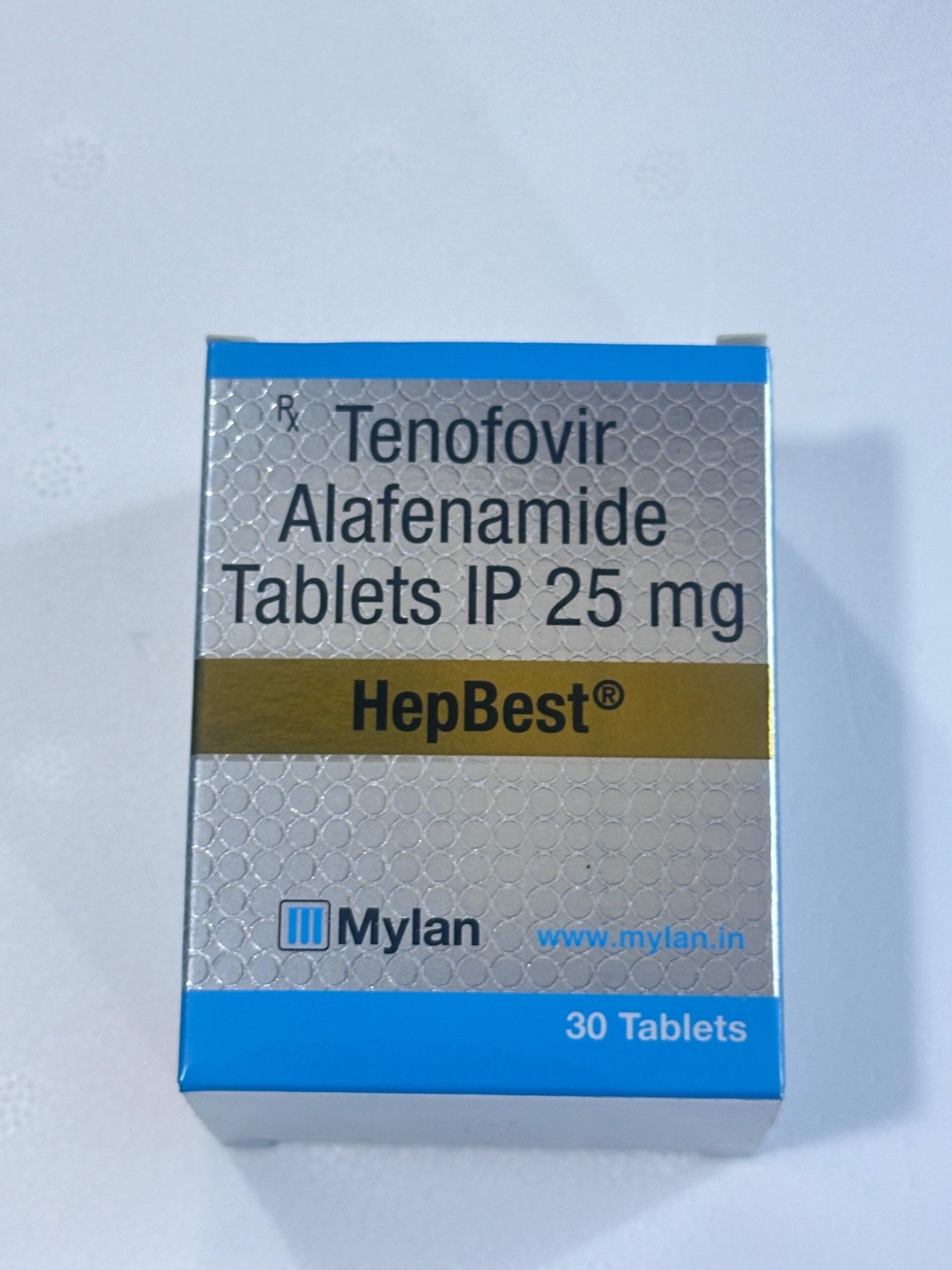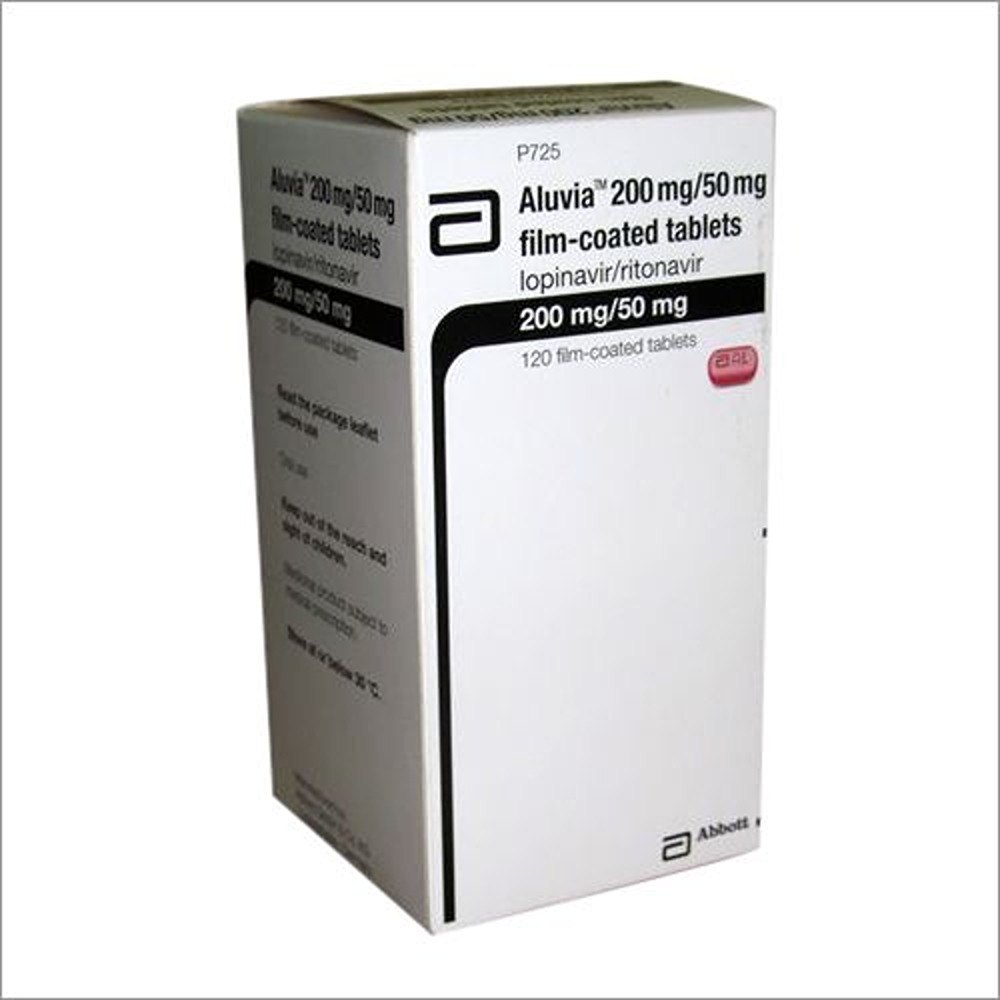Hepbest 25 mg is a medication that contains Tenofovir Alafenamide (TAF) as its active ingredient. TAF is an antiviral medication primarily used for the treatment of chronic infections caused by the hepatitis B virus (HBV) and is also used in the treatment of HIV-1 infection when combined with other antiretroviral drugs.
Key Information about Hepbest 25 mg (Tenofovir Alafenamide):
Mechanism of Action:
- Tenofovir Alafenamide (TAF) is a prodrug of tenofovir. Once administered, TAF is converted into the active form, tenofovir, inside the cells.
- It inhibits the virus’s reverse transcriptase enzyme, blocking the conversion of viral RNA into DNA. This effectively prevents viral replication and reduces the viral load in the body.
- TAF has been designed to achieve higher intracellular concentrations of tenofovir while requiring lower doses compared to Tenofovir Disoproxil Fumarate (TDF), resulting in a potentially improved safety profile with a lower risk of kidney and bone toxicity.
Uses:
- Hepatitis B Treatment: Hepbest is primarily indicated for the treatment of chronic hepatitis B virus (HBV) infection in adults.
- HIV Treatment: It may also be used in combination with other antiretroviral medications for the treatment of HIV-1 infection.
Dosage and Administration:
- Dosage: The usual recommended dosage of Hepbest for chronic HBV infection is 25 mg once daily. The healthcare provider may adjust the dose based on specific patient needs and factors like renal function.
- Administration: Hepbest is typically taken orally with or without food. It should be taken at the same time each day for best results.
Side Effects:
While many patients tolerate TAF well, some common and serious side effects can include:
- Common Side Effects:
- Nausea
- Diarrhea
- Fatigue
- Headaches
- Serious Side Effects:
- Kidney Problems: Although TAF is less nephrotoxic than TDF, patients should still be monitored for any signs of kidney impairment.
- Liver Issues: Liver function tests and monitoring may be necessary, particularly in patients with existing liver diseases.
- Bone Density Loss: Long-term use may impact bone health, though the risk is lower than with TDF.
Recommendations:
- Regular Monitoring: Patients on Hepbest should have regular follow-up visits for monitoring kidney function and liver enzymes.
- Adherence: It is critical to take Hepbest as prescribed to optimize the effectiveness of the treatment and reduce the risk of developing drug resistance.
As always, consult a healthcare provider for personalized medical advice, specific dosing recommendations, and management of any potential side effects or interactions associated with Hepbest (Tenofovir Alafenamide).




Reviews
There are no reviews yet.